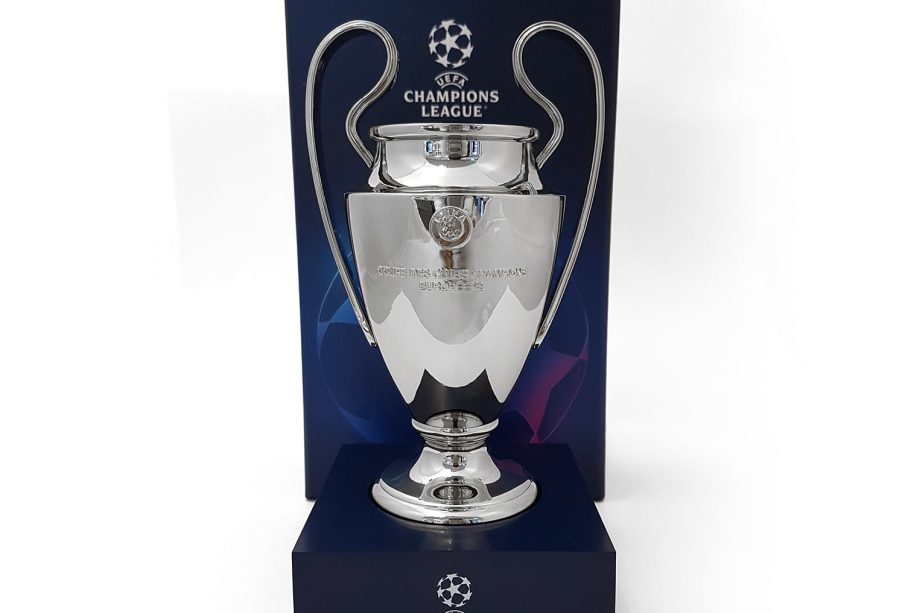The Role and Importance of UEFA in European Football

Introduction
The Union of European Football Associations (UEFA) is the governing body for football in Europe, responsible for organizing national and club competitions across the continent. Established in 1954, UEFA has grown to oversee a vast array of tournaments including the prestigious UEFA Champions League and the UEFA European Championship. The significance of UEFA extends beyond football competitions; it plays a vital role in promoting fair play, safeguarding the integrity of the game, and enhancing the overall footballing landscape in Europe.
Key Events and Developments
In recent news, UEFA has been actively working to adapt its regulations and tournament structures in response to ongoing challenges, including issues related to player welfare and the impact of the COVID-19 pandemic. The UEFA Champions League has recently undergone a format change that will be implemented starting in 2024, moving from a group stage format to a Swiss model that promises to increase match opportunities for clubs and enhance fan engagement. This reform is anticipated to benefit both smaller clubs aiming for growth as well as the larger clubs seeking more competitive matchups.
Furthermore, UEFA has also taken steps to address the pressing concern of financial fair play (FFP). Following clubs facing heavy fines and penalties for breaching spending rules, UEFA has reiterated its commitment to enforcing these regulations to maintain competitive balance within European football. Upcoming UEFA congresses are set to discuss further measures that could introduce more stringent checks to ensure clubs financially operate within their means.
Broader Impact and Significance
UEFA’s influence isn’t limited to just the competitive aspect of the sport; it plays a pivotal role in philanthropic efforts and community engagement initiatives. UEFA’s Foundation for Children aims to support quality education and social integration through football, with various projects funded across Europe and beyond. This commitment to community well-being highlights the broader social responsibilities that UEFA undertakes, aligning football’s rich heritage with future aspirations.
Conclusion
As European football continues to evolve, UEFA remains at the forefront of pivotal changes that shape not just the sport itself but also its societal and economic impact. With its ongoing reforms and community initiatives, UEFA’s role as a governing body is more crucial than ever. Fans, clubs, and stakeholders can expect to see exciting developments in the coming years as UEFA strives to create a fair, entertaining, and progressive environment in European football.









